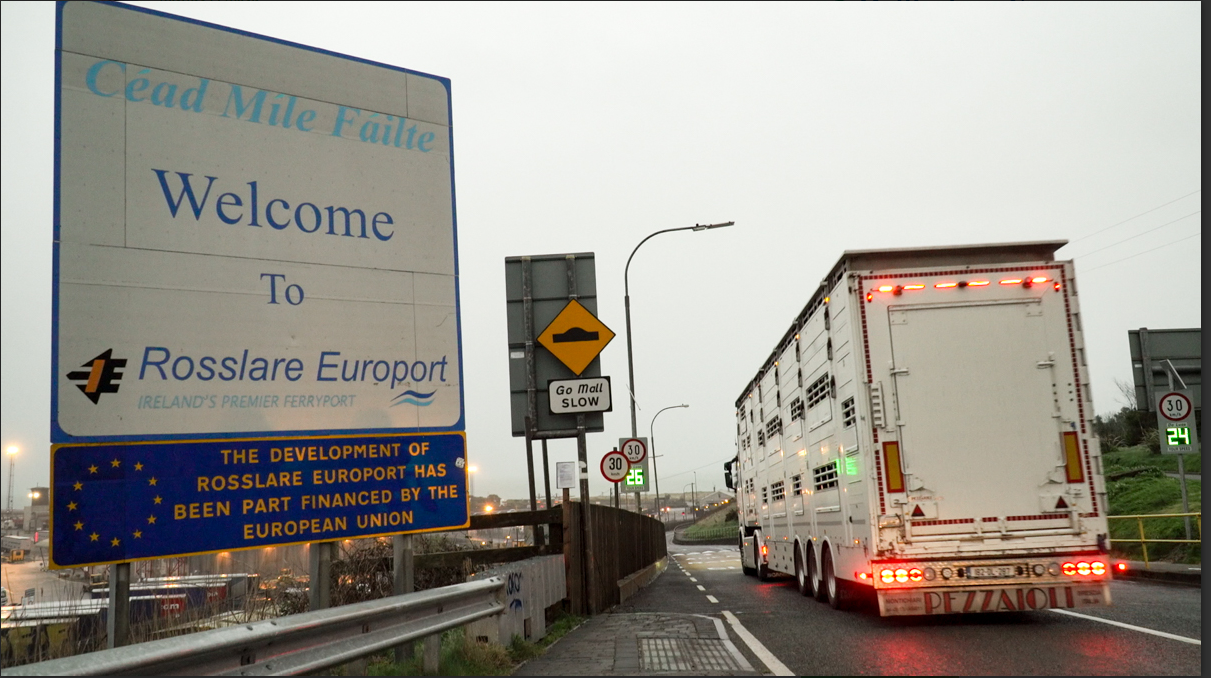Food Drink Ireland (FDI) is calling for “substantial Brexit funding” for the food and drink sector from Budget 2022.
The Ibec group has today (Wednesday, September 15) published its budget submission.
Paul Kelly, FDI director, said that the food and drink sector is “deeply resilient”, but now faces “major disruption to its markets from Brexit, while still contending with the impact of a global pandemic”.
“The EU-UK Trade and Cooperation Agreement has introduced significant additional costs for Irish food and drink companies at each step of production and distribution.
“In addition to Brexit-related transport and logistics cost hikes, Irish food and drink businesses are also experiencing inflationary pressures across most cost headings due to a combination of macro external factors which include global and domestic supply chain constraints and raw material inputs, as well as Covid-19.
“FDI’s Budget 2022 recommendations are framed to ensure that Ireland’s most important indigenous manufacturing sector can control its cost base whilst also innovating and improving both productivity and sustainability.”
These state aid supports and funds from Ireland’s €1 billion allocation from the Brexit adjustment reserve should be targeted as follows, according to FDI:
- Introduce a state-supported export credit insurance scheme;
- Invest €300 million in competitiveness and trade promotion;
- Keep the EWSS (Employment Wage Subsidy Scheme) and grant support under review including for those significantly impacted by Brexit;
- Extend the Revenue Debt Warehousing Scheme to Brexit-impacted companies;
- Extend the Foreign Earnings Deduction to more markets;
- Extend and re-finance the Ready for Customs grant scheme.
FDI‘s non-Brexit related recommendations include providing an additional €400 million to drive low-carbon investment in industry by scaling up and expanding industry supports.
It is also looking for a reduction in alcohol excise rates by 7.5%, the introduction of a new craft cider excise exemption scheme and allowance for alcohol excise on bad debts to be written off.
It also recommends the revamp of the commercial rates exemption scheme to incentivise food business operators and cold storage companies, as occupiers of commercial property, to carry out maintenance, improvements and retrofitting or energy-saving investments.
